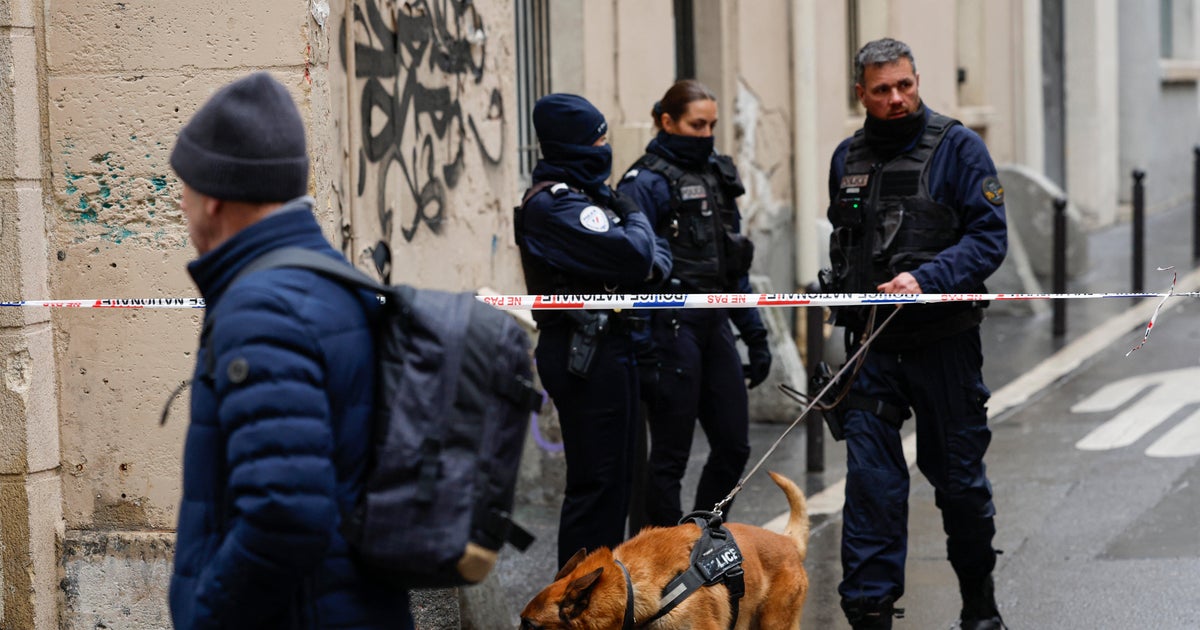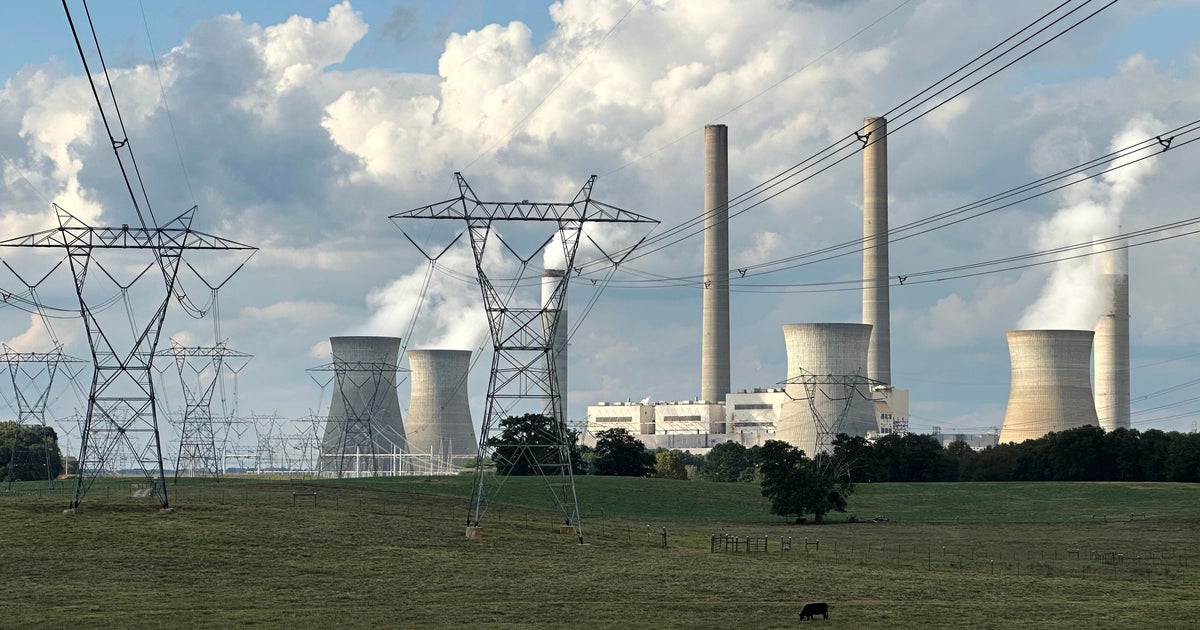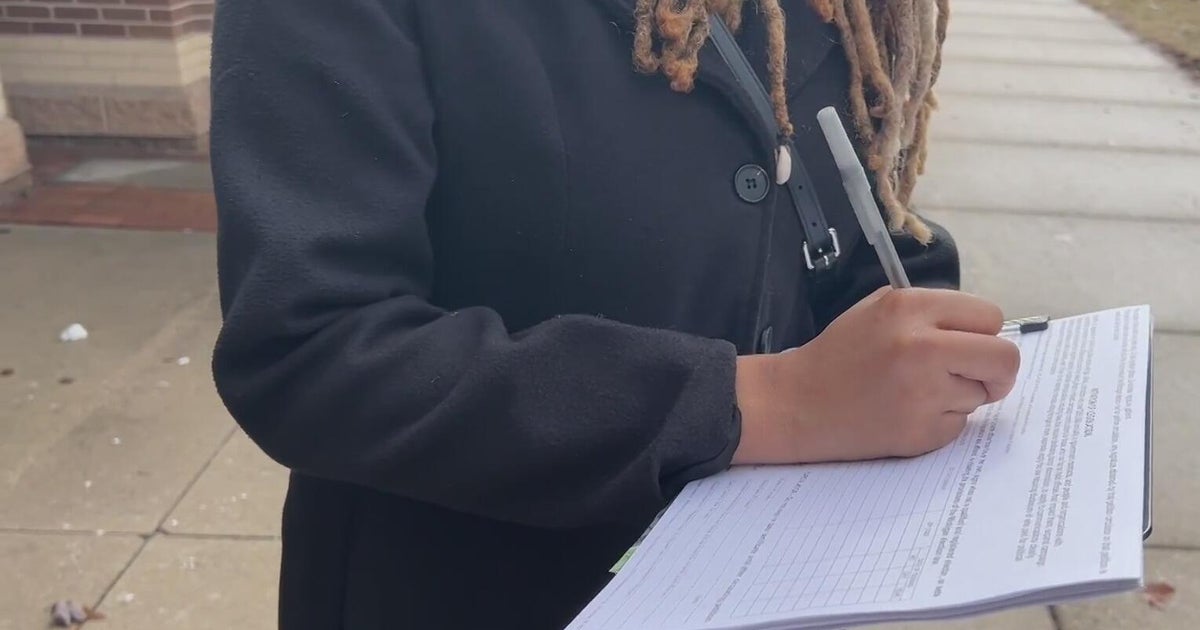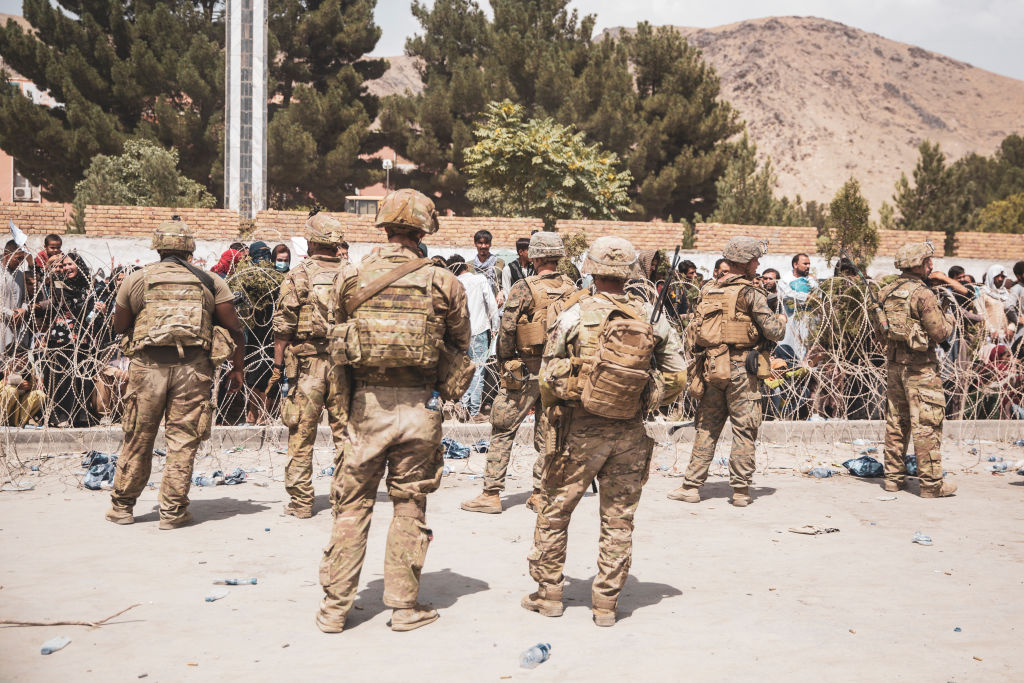Biden on Afghanistan: "Any American who wants to come home, we will get you home"
President Biden took questions from reporters Friday for the first time since Afghanistan fell to the Taliban, outside a Wednesday interview with ABC News, pledging that the U.S. will get any American home who wants to come home. The president's address comes as tens of thousands of American citizens, legal residents and their families and vulnerable Afghans struggle to flee the country.
The president started out his speech by touting what the U.S. has done so far — evacuating 18,000 people in recent weeks and 5,700 people in the last 24 hours. Mr. Biden said the U.S will do "everything, everything" it can to evacuate as many Afghans who have aided the U.S. as possible. The Pentagon has said it can fly 5,000 to 9,000 people per day out of Kabul, but that's dependent on multiple factors.
"But let me be clear. Any American who wants to come home, we will get you home," Mr. Biden told reporters in the White House East Room.
Still, CBS News and other outlets have reported some Americans are struggling to reach the airport, and the U.S. is not currently providing transportation or guaranteeing safe passage to the airport. During his speech, Mr. Biden said the U.S. has "no indication" Americans are unable to get to the airport, noting the U.S. has an "agreement" with the Taliban to let Americans through. But moments later, in a briefing with House lawmakers, Defense Secretary Lloyd Austin said the Taliban have beaten Americans in Kabul and called that "unacceptable," CBS News learned.
"It's a volatile situation on the ground," the White House said in response to the seeming contradiction. "We are working to facilitate safe passage for American citizens and SIV applicants and their families to the airport and onto planes. There are going to be reports of challenges and chaos at the airport. Secretary Austin referred to that in the Hill briefing today. But we are going to get Americans into HKIA and on planes."
In a briefing Friday afternoon, when Pentagon press secretary John Kirby was asked about Americans being beaten by the Taliban, he said he was aware of the report.
"We've communicated to the Taliban that that is absolutely unacceptable and we want free passage through these checkpoints for documented Americans," Kirby said, adding that "by and large, that's happening."
State Department spokesperson Ned Price said the U.S. has received "only a small number of reports from American citizens that their access has been impeded in some way" or faced "hardship or resistance," but added the State Department is taking that seriously.
The president did not directly answer whether the U.S. will send troops to help Americans get to the airport in Kabul. Even as the president pledged to get Americans out, he did not explicitly commit to extending the mission in Afghanistan beyond August 31, saying he thinks the U.S. can complete the mission by then, "but we're going to make that judgment as we go."
"There'll be plenty of time to criticize and second guess when this operation is over," Mr. Biden said, adding now is not the time.
The president's speech was not well received by all. Paul O'Brien, executive director of Amnesty International USA, urged the Biden administration to evacuate the most vulnerable Afghans more quickly.
"Vulnerable Afghans at risk were looking for reassurance from President Biden. They didn't get it," O'Brien said. "They want to know that they'll be processed for departure regardless of their eligibility for narrow and complicated visa programs. They want to know that they'll be able to reach the airport in safety. They want to know that the US will keep running evacuations until they and their family have had a chance to flee from harm's way. President Biden could have used his speech to reassure them, but he didn't."
On Friday, the U.S. military was forced to pause its evacuation flights out of Kabul because the processing facility in Qatar reached its capacity. The U.S. hopes to soon open a new flight option in Bahrain. Mr. Biden acknowledged the pause of "a few hours," attributing it to ensuring that "we can process the arriving evacuees at the transit points."
"Our commander in Kabul has already given the order for outbound flights to resume," he added.
The State Department and Pentagon have not disclosed how many Americans remained in Afghanistan as the Taliban assumed control of the country, but earlier this week, White House press secretary Jen Psaki estimated there were around 11,000 self-identified Americans.
In Doha, Qatar, where evacuees are being processed, sources described the situation at the facility as hot, increasingly tense, and a "developing humanitarian crisis."
During an interview earlier this week with ABC's George Stephanopoulos, the president defended his decision to withdraw from Afghanistan and suggested that the chaos over the past week was inevitable.
"No, I don't think it could have been handled in a way that, we're gonna go back in hindsight and look — but the idea that somehow there's a way to have gotten out without chaos ensuing, I don't know how that happens," the president told Stephanopoulos.
He also said during the interview that U.S. troops might remain in Afghanistan longer than August 31 if necessary to get Americans out of the country but emphasized that the goal is to do so by the end of August 31.
The Pentagon said this week it's working with the Taliban to ensure safe passage of Americans to the airport, admitting the military would not be able to go out and extract large numbers of people unable to get to the airport themselves or who are afraid to do so.
"I don't have the capability to go out and extend operations currently into Kabul," Defense Secretary Lloyd Austin told reporters Wednesday.
The president had been scheduled to leave for his home in Wilmington, Delaware, Friday afternoon following his speech, but the White House announced midday his schedule had changed, and instead said that he would remain in Washington, D.C., Friday night.
— CBS News' Weijia Jiang, Christina Ruffini and Zachary Hudak contributed reporting.



